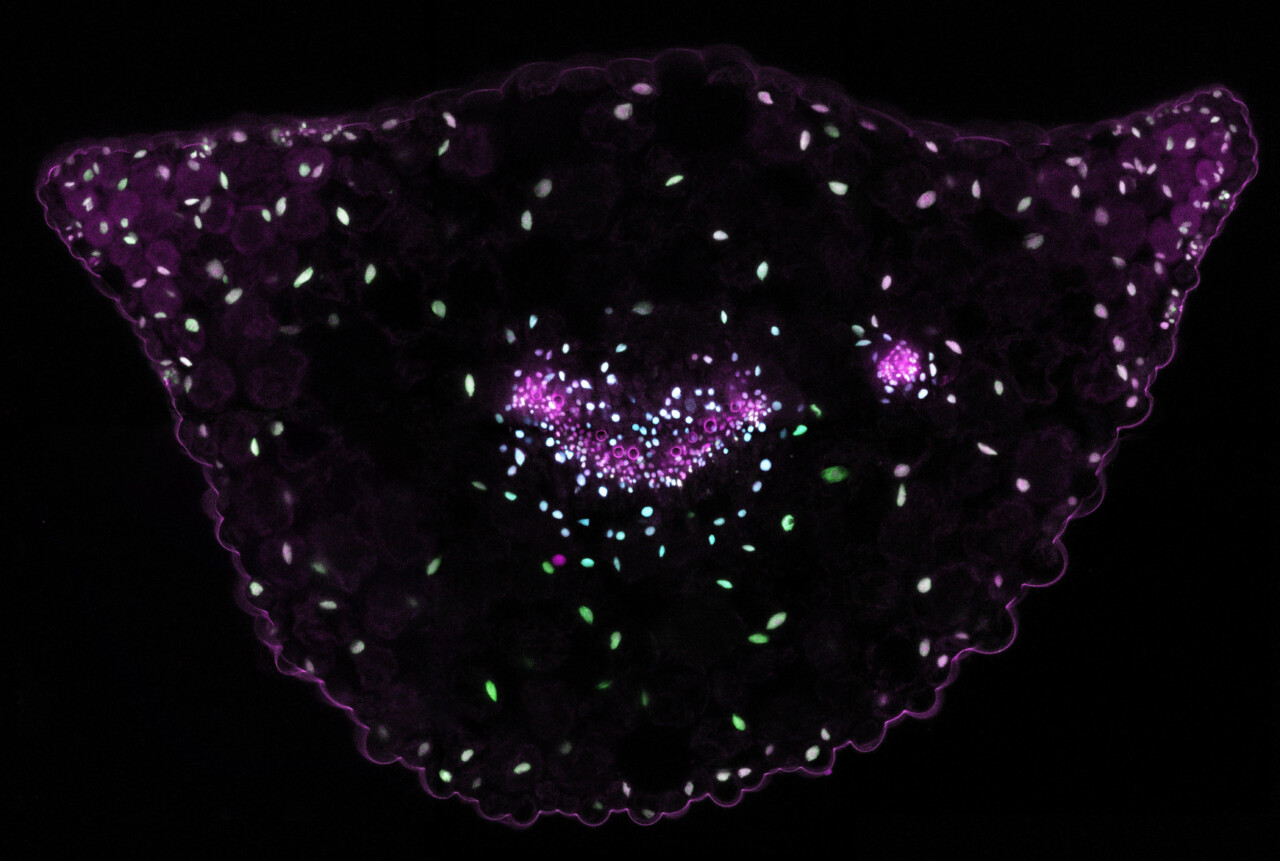WEES seminar and workshop – Herwig Bachmann
Herwig Bachmann, Expertise group leader fermentation, NIZO Food Research (Netherlands)
Workshop – Overflow metabolism – a wasteful strategy?
Venue workshop: C4016
Overflow metabolism describes growth through fermentation rather than respiration of substrates. It is considered as metabolically inefficient and manifested as the production of acetate, ethanol or lactate in E. coli, yeast and cancer cells respectively. During this workshop we will discuss the cell’s physiological response and conditions that favor overflow metabolism, evolutionary advantages of it and why it is so prevalent.
As preparation for the workshop please read the following:
Availability of public goods shapes the evolution of competing metabolic strategies. Bachmann H, Fischlechner M, Rabbers I, Barfa N, Branco dos Santos F, Molenaar D, Teusink B. Proc Natl Acad Sci U S A. 2013 Aug 27;110(35):14302-7. doi: 10.1073/pnas.1308523110.
Overflow metabolism in Escherichia coli results from efficient proteome allocation. Basan M, Hui S, Okano H, Zhang Z, Shen Y, Williamson JR, Hwa T. Nature. 2015 Dec 3;528(7580):99-104. doi: 10.1038/nature15765
References available upon registration.
The workshop for those interested is organized from 13:30 to 15:00 in room C4016, Orion building. Registration is required (space limited to 15), email Mark Zwart. The workshop gives attendees the possibility to meet the speaker of the seminar and have a discussion based on recent publications. The workshops are a good possibility to get acquainted with hot topics in science and to learn how to discuss these topics with leading scientists in the field. Furthermore, BSc and MSc students can get 1 ECTS for attending 2 workshops.
Seminar – Optimization of microbial metabolism through experimental evolution
Venue seminar: C3033
During experimental evolution of microbes different selection pressures can be applied. Depending on the imposed propagation regime one can select for resistance to growth inhibiting conditions, substrate affinity, growth rate or cell number. We have applied different approaches to lactococci and subsequent genome analysis give insight into mechanistic details how this organism maximizes its fitness in various environments. A group selection protocol favors highly efficient metabolism in lactococci but in E. coliit surprisingly shows that the most efficient metabolic strategy is not always the one leading to the highest number of offspring.
Thursday, April 18, 2019
Workshop: 13:30 Seminar: 16:00
WUR – Orion
Bronland 1, Wageningen



